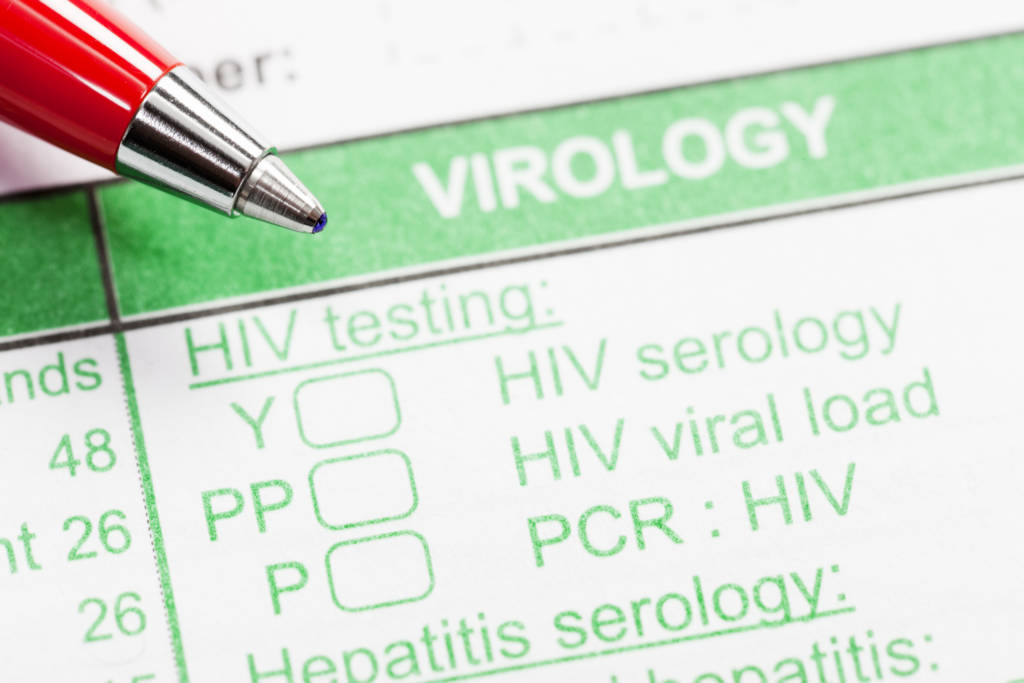Dietary Habits
Eating too much of any food can cause weight gain. Certain foods are more likely to lead to the accumulation of belly fat than others, such as refined grains. Soda, for instance, is more likely to contribute to a larger and much harder belly. Sugar-sweetened drinks such as soda, fruit punch, and energy drinks contain the calories contributing to weight gain. Avoiding sweet drinks and drinking water or herbal teas is a much better alternative.
According to the Journal of Clinical Nutrition, researchers found that increasing the intake of refined grains, correlated with a greater amount of belly fat, while increasing the intake of whole grain did not. You can avoid eating refined grains by eating more brown rice, quinoa, whole wheat bread and a lot of fibrous vegetables.
Saturated fats are also one of the main culprits that add to belly fat. Certain types of meat cuts and full-fat dairy contain this type of fat. Too many saturated fats can also make belly fat more likely to develop. Fatty cuts of meat and full-fat dairy contain this type of fat. Instead, try for polyunsaturated fats from nuts, salmon, and seeds instead. Opt for leaner meats, such as chicken breast, flank steak, and white fish, over ribs, brisket and chicken thighs.
Lifestyle Habits
Being physically inactive is a primary reason men gain weight — especially visceral fat weight. Moving more helps you reduce your overall size, specifically a hard, fat belly. Visceral fat is particularly responsive to classic diet and exercise techniques.
 You don’t have to work out a lot to prevent weight gain. 150 minutes per week of moderate-intensity exercises, such as brisk walking, can prevent additional gains; exercise more if you want to lose fat. Strength training is also essential to offsetting the natural loss of muscle mass that occurs with aging and disuse.
You don’t have to work out a lot to prevent weight gain. 150 minutes per week of moderate-intensity exercises, such as brisk walking, can prevent additional gains; exercise more if you want to lose fat. Strength training is also essential to offsetting the natural loss of muscle mass that occurs with aging and disuse.
Even if you use exercise to lose just 5 to 10 percent of your body weight — that’s 12 to 24 pounds for a 240-pound man — you’ll experience benefits in health markers, including blood sugar, high blood pressure, and cholesterol levels.






